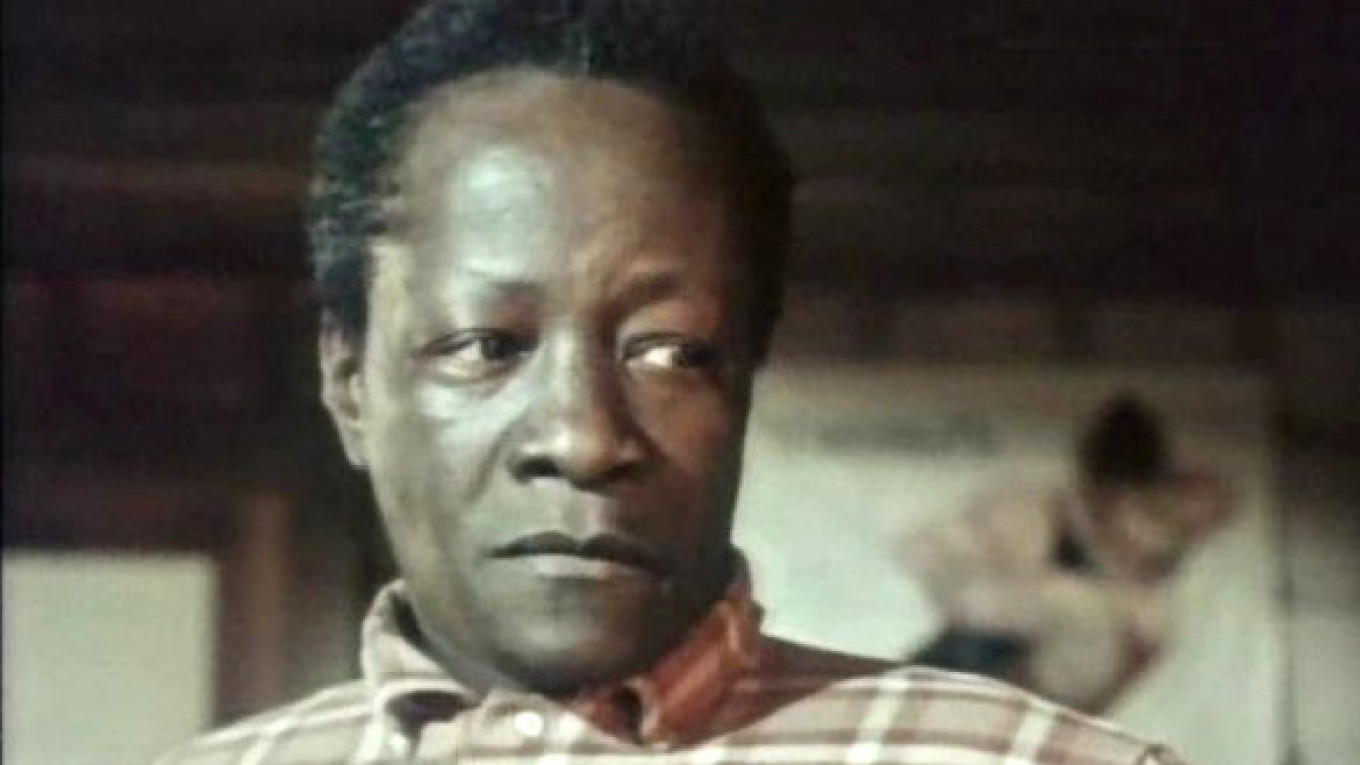A dark-skinned, Brazilian-born actor was beaten to death in St. Petersburg, but authorities have refused to classify the attack as a hate crime, saying the suspect, detained Monday, acted out of personal enmity.
Khamzya Yenikeyev, 43, a veteran of the first Chechen War, is suspected of attacking Tito Romalio, 58, on May 10, the Investigative Committee said in a statement Monday.
Romalio was repeatedly kicked and punched in the head and died in the hospital of brain injuries May 11, Interfax reported.
Yenikeyev, who worked as a security guard at a shop where Romalio was buying cigarettes at the time of the attack, fled and was apprehended in the Penza region, the Investigative Committee said.
Yenikeyev said he asked to borrow Romalio's mobile phone and assaulted the actor when he refused, investigator Sergei Kapitonov told Gzt.ru on Monday.
Yenikeyev was drunk when he attacked Romalio, Gzt.ru said, citing police sources.
But Romalio's brother told Baltinfo.ru that the actor's widow claimed that her husband had been attacked by young skinheads.
Yenikeyev faces up to 15 years in prison if charged and convicted of intentionally inflicting grave bodily harm on Romalio.
Romalio has appeared in Soviet films such as "The Amphibian Man" (1961), "Chief Chukotky" (1966) and "Dzhek Vosmyorkin, Amerikanets" (1986).
He worked as a dance instructor at a St. Petersburg school in recent years.
A Message from The Moscow Times:
Dear readers,
We are facing unprecedented challenges. Russia's Prosecutor General's Office has designated The Moscow Times as an "undesirable" organization, criminalizing our work and putting our staff at risk of prosecution. This follows our earlier unjust labeling as a "foreign agent."
These actions are direct attempts to silence independent journalism in Russia. The authorities claim our work "discredits the decisions of the Russian leadership." We see things differently: we strive to provide accurate, unbiased reporting on Russia.
We, the journalists of The Moscow Times, refuse to be silenced. But to continue our work, we need your help.
Your support, no matter how small, makes a world of difference. If you can, please support us monthly starting from just $2. It's quick to set up, and every contribution makes a significant impact.
By supporting The Moscow Times, you're defending open, independent journalism in the face of repression. Thank you for standing with us.
Remind me later.


